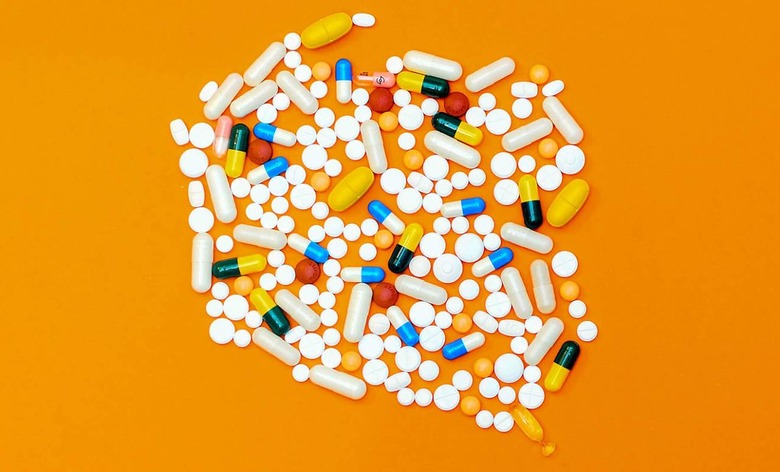FDA Pulls Authorization For COVID-19 Treatment Trump Touted
Hydroxychloroquine can no longer be used for COVID-19 treatment in the US, with the FDA revoking its emergency use authorization for the controversial drug touted by President Trump. Chloroquine phosphate and hydroxychloroquine sulfate had been credited with reducing coronavirus infection after an early study, but critics were quick to dispute both those findings and the drugs' efficacy.
That didn't stop Trump – and various Fox News hosts – from singing the drugs' praises on multiple occasions. The President even disclosed that he was being treated with hydroxychloroquine as a preventative medicine. Officially, the immunosuppressive drug is intended to prevent and treat malaria, lupus, and arthritis.
Now, though, the US Food and Drug Administration is pulling its authorization to use hydroxychloroquine and chloroquine in COVID-19 treatment. Not only did new studies indicate that the drugs were not as useful as originally promised, the FDA said today, they could actually have serious side-effects.
"The agency determined that the legal criteria for issuing an EUA are no longer met," the FDA said in a statement. "Based on its ongoing analysis of the EUA and emerging scientific data, the FDA determined that chloroquine and hydroxychloroquine are unlikely to be effective in treating COVID-19 for the authorized uses in the EUA. Additionally, in light of ongoing serious cardiac adverse events and other potential serious side effects, the known and potential benefits of chloroquine and hydroxychloroquine no longer outweigh the known and potential risks for the authorized use."

With no approved treatment for COVID-19, attention among healthcare regulators turned to possible drugs already in production that could be useful in treating cases in the coronavirus pandemic. The EUA, or Emergency Use Authorization, initially saw the most activity on testing, as manufacturers fast-tracked new diagnostics to providers. New treatment possibilities, however, like hydroxychloroquine were quick to follow.
The idea of those EUAs evolving over time was always on the cards, though, as more research into COVID-19 better shaped awarenesses of the virus. "Recent results from a large randomized clinical trial in hospitalized patients, a population similar to the population for which chloroquine and hydroxychloroquine were authorized for emergency use, demonstrated that hydroxychloroquine showed no benefit on mortality or in speeding recovery," the FDA explained today.
Working with the CDC, the FDA decided to withdraw the EUA. "Earlier observations of decreased viral shedding with HCQ or CQ treatment have not been consistently replicated and recent data from a randomized controlled trial assessing probability of negative conversion showed no difference between HCQ and standard of care alone," the FDA said.
It's not to say that no coronavirus patient will be prescribed the drugs from now on, mind. "FDA approved products may be prescribed by physicians for off-label uses if they determine it is appropriate for treating their patients," the FDA points out, "including during COVID." It can also be used in clinical trials.
Nonetheless, it's clear that the FDA and CDC are unconvinced that there's any medical benefit from the two drugs in treating coronavirus patients. "The totality of scientific evidence currently available indicate a lack of benefit," the FDA concludes. President Trump is yet to comment on the news.
